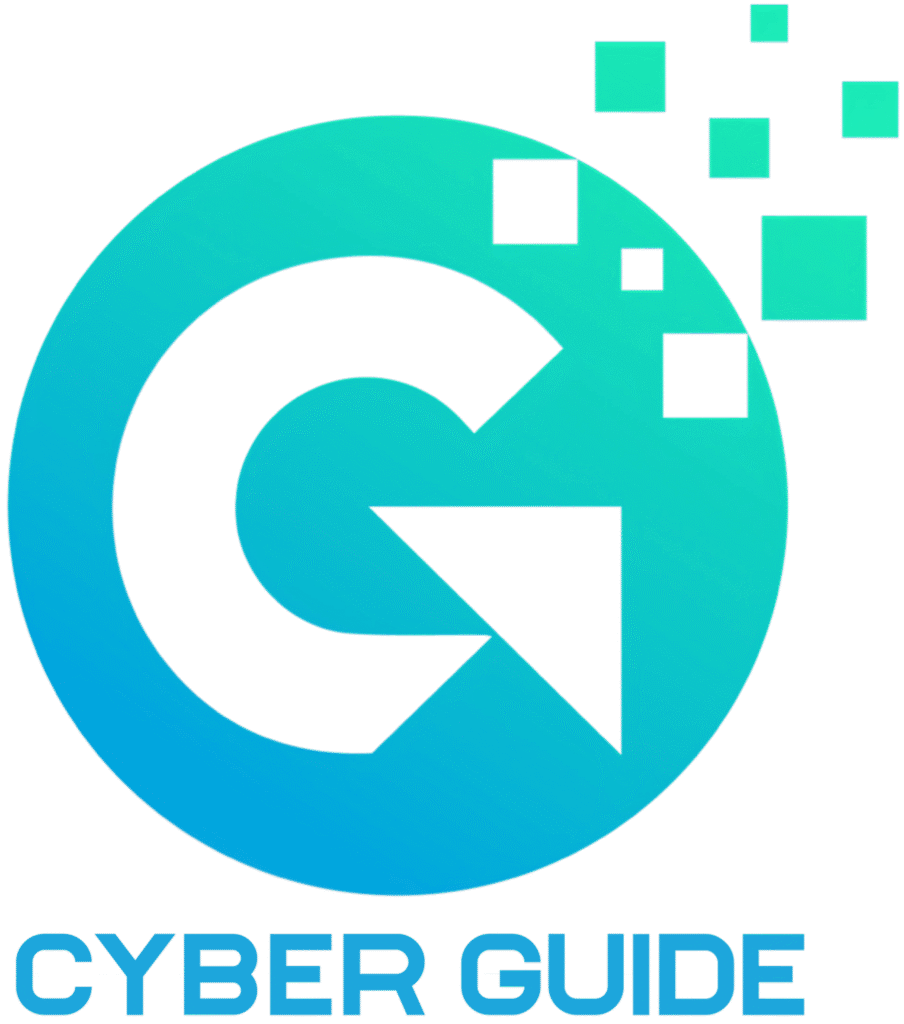NDIS providers handle some of the most sensitive information imaginable—health records, personal details, behavioral reports, and payment data. As the disability support sector digitizes, cybersecurity is no longer optional; it’s a core requirement for safety, compliance, and trust. Vivek Mahajan, founder of Careable and Cyber.Guide, has seen this firsthand. Through Careable, a registered NDIS provider since 2022, Vivek uncovered a silent crisis: many providers lack basic digital safeguards, exposing participants to risk.
With cyberattacks growing in frequency and sophistication, small to medium NDIS providers—often without full-time IT support—are prime targets. Drawing on his 12 years of cybersecurity experience with Cisco, NTT, and Fujitsu, Vivek explains why every NDIS provider must prioritize cybersecurity and offers practical steps to get started, aligned with Australian Cyber Security Centre (ACSC) guidelines.
Why Cybersecurity Matters for NDIS Providers
1. It’s a Compliance Requirement
The NDIS Code of Conduct and Provider Registration Requirements mandate safeguarding participant data. The Privacy Act 1988 requires reporting breaches, with fines up to $2.2 million for non-compliance. Inadequate cybersecurity risks investigations or deregistration.
ACSC Insight: The Essential Eight recommends restricting system access to prevent breaches, a key compliance step for providers.
2. Participant Trust Depends on It
Participants and families entrust you with deeply personal information. A breach can shatter that trust, making participants hesitant to share details critical for care.
Real Example: In 2023, a Melbourne NDIS provider suffered a ransomware attack that locked participant records for a week. Recovery cost $50,000, and several families switched providers due to lost trust. Vivek’s team at Cyber.Guide helped them implement backups to prevent future incidents.
Learn about specific threats in 5 Common Cyber Risks Every NDIS Provider Faces.
3. Data Breaches Are Costly
Beyond reputational harm, breaches incur significant costs—recovery, legal fees, and lost operations. The 2024 IBM Cost of a Data Breach Report pegs the average Australian breach at $3.35 million. Healthcare, including disability support, remains the most breached sector, per the Office of the Australian Information Commissioner.
4. Small Providers Are Targets
Cybercriminals target smaller organizations, assuming weaker defenses. Many NDIS providers run lean operations, making them vulnerable. In 2024, 43% of cyberattacks hit small businesses, per the ACSC Annual Cyber Threat Report.
5. Digital Care Requires Digital Safeguards
Tools like participant management systems, cloud file sharing, and the NDIS portal are essential but introduce risks. Cybersecurity must be embedded in every digital process to protect data end-to-end.
What You Can Do Now
Vivek’s experience with Careable and Cyber.Guide shows that small steps yield big results. Start with these:
- Staff Training: Run 15-minute monthly sessions using free ACSC resources to teach cyber hygiene, like spotting phishing emails.
- Strong Passwords and 2FA: Enforce 12+ character passwords and Two-Factor Authentication (2FA) on systems like the NDIS portal. Use Bitwarden for secure password management.
- Secure Backups: Schedule daily encrypted cloud backups (e.g., Google Drive with added security) and store a weekly offline copy on an external drive ($50–100).
- Role-Based Access: Limit system access based on roles, ensuring only authorized staff view sensitive data.
- Antivirus and Firewalls: Install Avast Free Antivirus and enable Windows Defender Firewall on all devices.
Need budget-friendly tips? See How to Secure Client Data on a Budget.
Why This Matters
Cybersecurity isn’t just an IT issue—it’s a care issue. As Vivek says, “You care for people—I’ll help protect the systems that support them.” By securing your systems, you uphold the dignity and wellbeing of participants, aligning with Careable’s C.A.R.E. philosophy (Compassion, Accountability, Respect, Empowerment).
About Cyber.Guide: Founded by Vivek Mahajan in 2022, Cyber.Guide provides NDIS providers with free, practical cybersecurity tools tailored to the sector. Our mission is to safeguard the systems that support your participants, backed by Vivek’s advocacy and expertise.
Test Yourself: Are your systems secure enough to protect participant data? Take our free Cybersecurity Quiz to find out.
Author: Vivek Mahajan, founder of Careable and Cyber.Guide, brings 12 years of cybersecurity experience from Cisco, NTT, and Fujitsu, plus hands-on NDIS expertise as a registered provider. Connect at vivek@careable.com.au or LinkedIn.
Trust Note: All Cyber.Guide content is fact-checked, updated quarterly, and aligned with ACSC’s Essential Eight. See our Privacy Policy.
CTA: Download our NDIS Cybersecurity Checklist at Cyber.Guide to protect your participants today.





